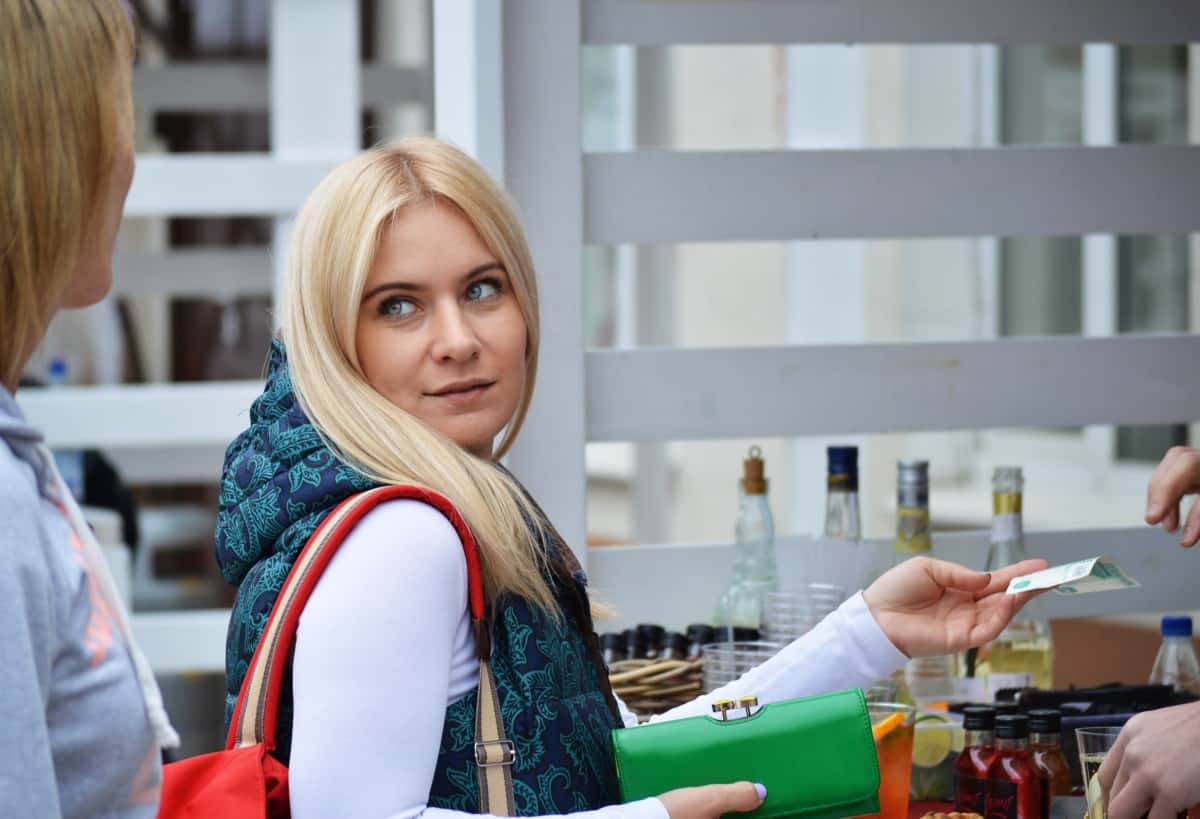It must be said: consumer behavior has changed. And with good reason, in barely a decade, the invasion of new technologies into our lives, as well as globalization, have changed habits. But above all, inflation forces him to spend differently. It is often said that the Internet-turned-consumer is fickle and very difficult to define even if the tools and software have evolved in particular. What about that?
New technologies seem to hold all the cards
From his bank account to his needs or dreams, the traceability of his actions on the Internet makes it possible to define the main components of his personality. The consumer is being watched carefully and is aware of it. If he wants to buy a plane ticket because he has to or because he wants to dream about the future destination for his vacation next year, the companies are here, now informed. And it will appear in, we can say, a disturbing way, with suggestions and on the pages they visit and on social networks… In the end, new technologies seem to define what they will do.
Human beings change according to circumstances
Algorithms detect the future needs of the consumer according to the consumer’s habits, age, family composition, etc. They determine whether he will need stairs for an easier life, sports equipment, wedding clothes…
But it must be said: the Internet user is changing, the annual turnover is gaining momentum, inflation is changing the cards, innovation is opening new horizons, consumer concepts and desires are developing rapidly. Algorithms must integrate other parameters and constantly adapt and store new data.
For example, vinegar and baking soda have become the preferred cleaning products and have led consumers to abandon traditional products. New trends therefore become unpredictable, and consumers create panic around certain brands. They ask them to constantly find solutions by offering high-performance products that adapt to their consumption.
In another area, gluten allergy (with or without a reason) led to disappointment with bread, which has become a real institution here. A moment of panic for the bakers who started making corn bread. But on the contrary, brands offered gluten-free food, and stores were equipped with whole rows of gluten-free products… Instead of traditional pasta, consumers enjoy gluten-free pasta. This disappointment brings happiness to some and unhappiness to others.
And then the air conditioner…
Faced with climate change, consumers have turned to new lifestyles. Whether it is a bicycle, a scooter that replaces a car, or the clothes we buy in the old style to avoid polluting the earth, or the food we eat locally to avoid pollution from transportation, we must notice that the consumer has changed his habits.
This kind of thinking about the environment has led to new habits that have become established, and now we have to consider that protecting the earth, and thus life, is a priority. Therefore, it is necessary to monitor all these developments in order to better understand consumers, retain them and often offer them something else…
Inflation imposed its own rules
Consumers’ wallets suffer due to inflation. The consumer knows that if he wants to avoid the red and make ends meet, he has to control his budget. Therefore, he carefully studies actions, price changes and does not stop comparing.
Caution, consumers beware
From now on, he can no longer be deceived: he has learned to avoid traps and adapt to financial, economic, climatic and other circumstances. We went on vacation for a month, and we are only going for 15 days. In hypermarkets, we filled the basket with a credit card, and now we shop on the go. Consumers have become suspicious and no longer buy everything they see. Don’t hesitate to use apps for better spending and getting information before buying. He compares to have unbeatable prices.
What is certain today is that new habits will emerge. We can rightly ask ourselves what new “fantasy” will appear among consumers?

